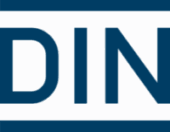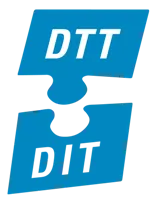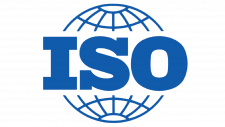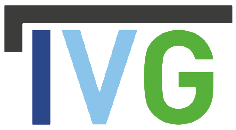The ASTT department collaborates with various universities, research institutions, and partners from business, industry, and government agencies. In particular, the ASTT attaches great importance to maintaining close contact with the entire “translation industry” complex and the corresponding translation service providers and software vendors. The department has an excellent network in this area and, on this basis, is able to actively arrange internships and thesis projects in cooperation with business, industry, and public authorities. This gives students an insight into the real working world of translators/interpreters while they are still studying or writing their thesis.

CIUTI (Conférence Internationale Permanente d'Instituts Universitaires de Traducteurs et Interprètes) is an association of international universities offering degree programs in translation and interpreting. The aim of its members is to harmonize quality standards in the training of translators and interpreters at the international level and to ensure high-quality training, both in practice and in translation research. Department 06 in Germersheim – at that time still known as the Institute for Foreign Languages and Interpreting – is a founding member of CIUTI.Learn more

DIN (German Institute for Standardization) is Germany's national standardization organization. It develops standards and norms for products, services, and processes to ensure quality, safety, and compatibility. DIN standards are considered binding references in many industries.Learn more

The DTT (German Terminology Day Association) is a German professional and interest group for terminology founded in 1987 and based in Cologne. It serves as a forum for anyone involved in terminology and terminology work. Its aim is to solve technical communication problems – for example, through consulting, coordination, and the organization of symposia, seminars, webinars, and workshops. In addition, every two years the DTT awards a prize for outstanding work in the field of terminology science. The DIT (German Institute for Terminology) was founded in 1993 by a group of experts from the DTT and now acts as the association's official expert group and advisory board. Its main task is to raise awareness of terminology work in terms of its importance, quality, quantity, and reuse. The DIT operates independently of commercial interests and promotes terminological activities through consulting, research, projects, public relations, international cooperation, and training in various specialist areas.
Learn more

The EMT network is a partnership project between the European Commission and higher education institutions offering master's degrees in translation. The EMT label is a quality mark for master's degree programs in translation. The Directorate-General for Translation awards this label to university programs that meet jointly agreed professional standards and market requirements. The selected programs become members of the EMT network. Only universities belonging to the EMT network are entitled to use the EMT label (a registered trademark of the EU).
Learn more

ISO (International Organization for Standardization) is a global, independent organization based in Geneva. It develops international standards to facilitate global trade and create common standards for quality, safety, and efficiency. Many DIN standards are based on or correspond to ISO standards.

The International Association for German Studies (IVG) is an association of scholars in the field of German studies that has existed since 1951. The IVG aims to promote international exchange and cooperation in the study of Germanic languages and literature. Every five years, the International Congress of Germanists takes place, at which IVG members discuss current topics and challenges in German studies.
Learn more

The annual JIAMCATT meeting originated as a working group of the International Annual Meeting on Language Arrangements, Documentations and Publications (IAMLADP) and enables members of various international universities and organizations to exchange ideas and collaborate in the field of computer-assisted terminology work, translation, and interpreting.
Learn more

The RaDT (Rat für Deutschsprachige Terminologie) is an interdisciplinary committee dedicated to promoting, maintaining, and developing German-language terminology. The aim of the RaDT is to improve the comprehensibility, consistency, and efficiency of technical communication in German-speaking countries, in particular by coordinating terminology activities in Germany, Austria, Switzerland, Liechtenstein, Luxembourg, and South Tyrol.
Learn more

tekom (Society for Technical Communication – tekom Germany e.V.) is the German professional association for technical communication and documentation. Based in Stuttgart and with over 9,000 individual members and around 725 corporate members, it claims to be the largest European association of its kind. Founded in 1978, tekom promotes the exchange of information and experience, drives forward training and further education, is involved in standardization, and strengthens the professionalization of technical editors – for example, through certificates and competency frameworks. Tekom organizes important industry events such as conferences, trade fairs, and webinars, publishes trade journals, and operates an online terminology database.Learn more
